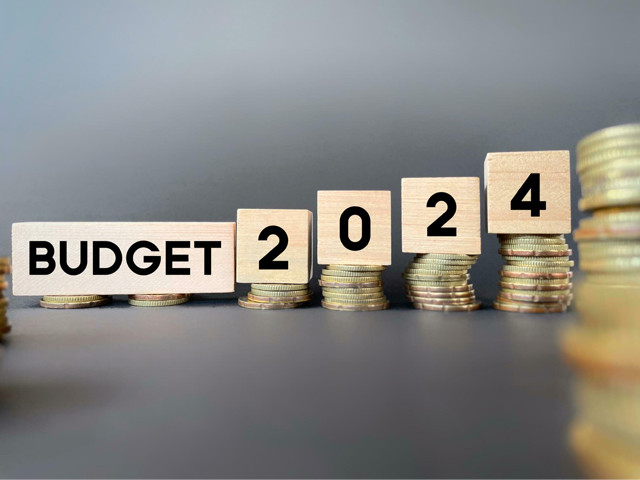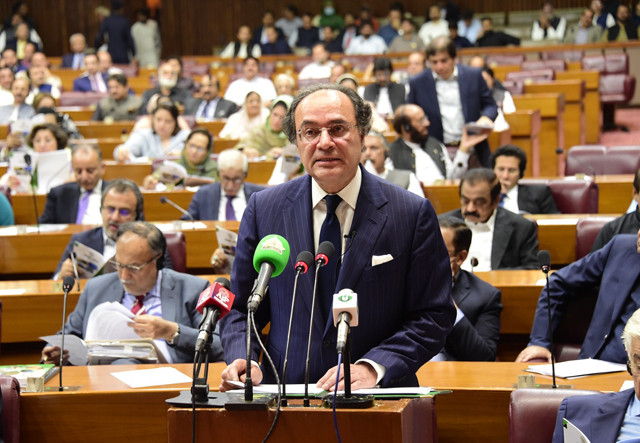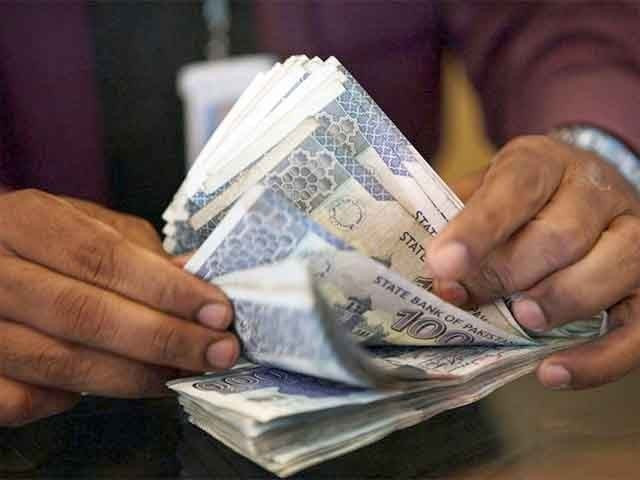ghazi52
Think Tank Analyst
- Mar 21, 2007
- 114,317
- 165,276
- Country of Origin

- Country of Residence

- Thread starter
- #16
Budget 2024-25: KP seeks inclusion of 91 projects in PSDP
Mubarak Zeb KhanJune 9, 2024
ISLAMABAD: Ahead of the newly constituted National Economic Council (NEC) meeting on Monday, Chief Minister Khyber Pakhtunkhwa Ali Amin Gandapur has sent a letter to Prime Minister Shehbaz Sharif requesting the inclusion of 91 ongoing projects in the federal Public Sector Development Programme (PSDP) 2024-25.
The estimated throw-forward cost for these projects is Rs1.327 trillion. Many of the dropped projects were already 70 per cent complete, including highways, roads, health facilities, small dam buildings, the Peshawar expo centre and the renovation of existing energy facilities.
Mr Gandapur has also sent a letter to the Planning Minister Ahsan Iqbal. The KP chief minister urged the prime minister to address the genuine demands of the province. “A comprehensive review of the proposed budgetary allocations and inclusion of omitted projects in the final PSDP 2024-25 are paramount to ensure equitable development across the nation,” he said.
The letter to the prime minister claimed that these projects were dropped and that details were communicated barely two hours before the Annual Plan Coordination Committee (APCC) meeting on May 31.
Mr Gandapur said that the federal government had approved 279 new projects in PSDP 2024-25, excluding the KP province from the list. He stated that the province’s ongoing projects had been removed from the list.
He stated that the project’s cancellation contradicts the decision of the Special Investment Facilitation Council (SIFC) Apex Committee meeting on Jan 3, which determined that all ongoing projects will be completed to save previously invested funds.
He went on to say that the decision made by the National Economic Council (NEC) on Jan 29 confirmed the earlier decision that all ongoing projects could be finished. Authorisation of allotted money for such initiatives is required to ensure their timely implementation. “Violating both SIFC-Apex Committee and NEC decisions will undoubtedly jeopardise KP’s development trajectory,” the chief minister remarked.






